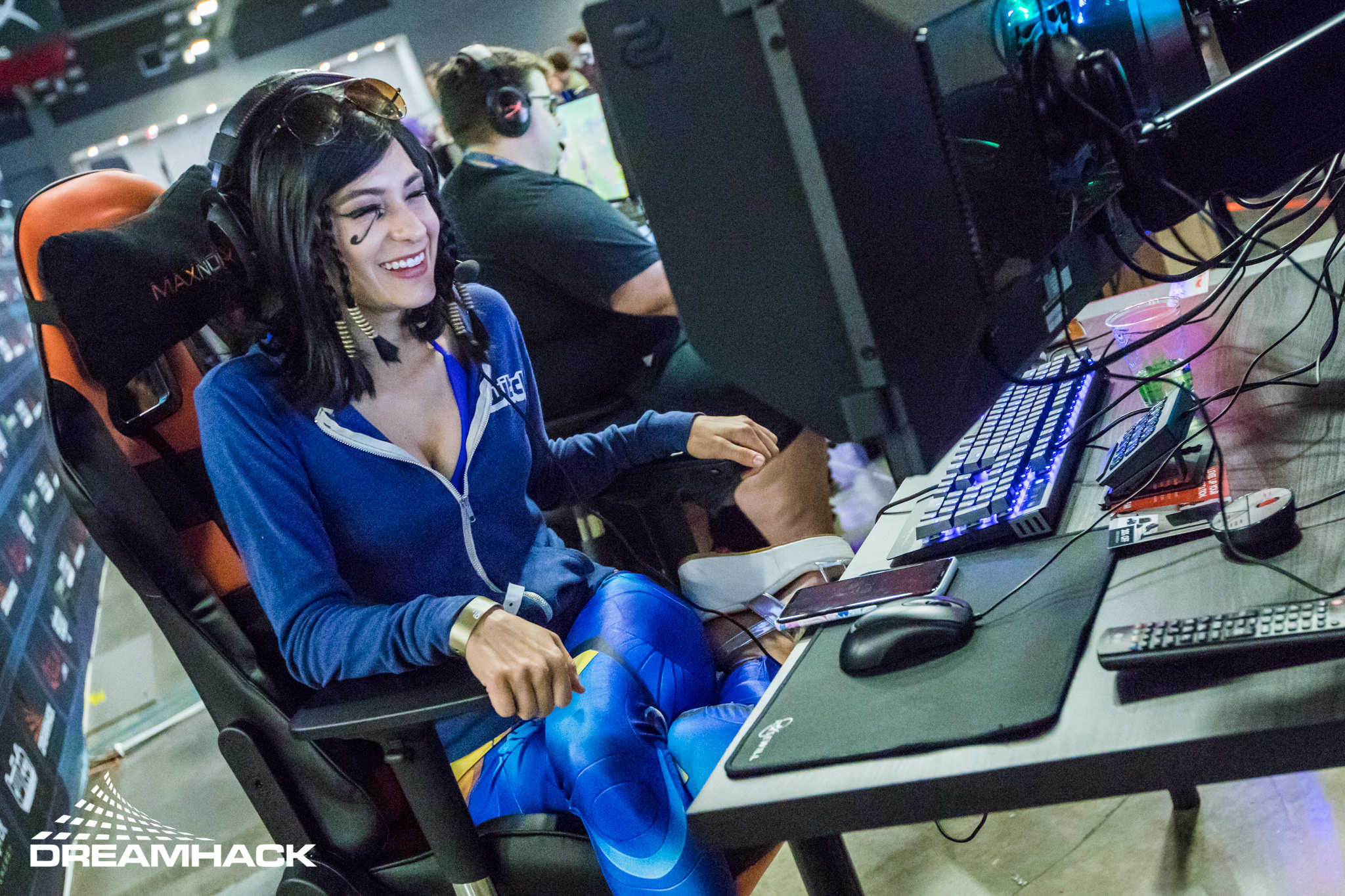Researchers from the U.K. published a recent study that shows that violent video game engagement isn’t strongly associated with aggressive behavior in adolescents.
In the comprehensive study, 1,004 adolescent participants and their caretakers were interviewed and their recent gaming experiences were evaluated from different perspectives. The researchers hypothesized that the amount of time played in violent video games is positively correlated with more aggressive behavior and even less prosocial behavior—but that wasn’t the case.
Related: Popular League host Sjokz to host a major CS:GO tournament in Brazil
“The idea that violent video games drive real-world aggression is a popular one, but it hasn’t tested very well over time,” professor Andrew Przybylski told the University of Oxford. “Despite interest in the topic by parents and policy-makers, the research has not demonstrated that there is cause for concern. Part of the problem in technology research is that there are many ways to analyse the same data, which will produce different results. A cherry-picked result can add undue weight to the moral panic surrounding video games. The registered study approach is a safeguard against this.”
One thing is for sure, though—the analyses conducted in the Oxford study show that violent video game engagement isn’t a statistically significant or practically significant correlate of aggressive behavior. This means that the relationship between the two variables isn’t strong nor practical or useful in the real world. These analyses are also applicable to different operationalizations of the experimental variables, suggesting that researcher bias may be evident in past studies that found positive correlations between violent games and aggression.
So overall, there’s no need to worry, gamers—the gaming stigma is undeserved. Your long grinding sessions of first-person shooters, fighting games, and MOBAs won’t seem to have a significant impact on your aggression in the long-run. The problem, however, is that momentary aggression can still be elicited via competition, trash-talking, or feelings of incompetence. As long as you can manage yourself appropriately inside the game, it won’t translate over to the real world.
If you’d like to read the study for yourself, the full report can be viewed on the Royal Society Open Science journal site.












Published: Mar 11, 2019 08:54 pm